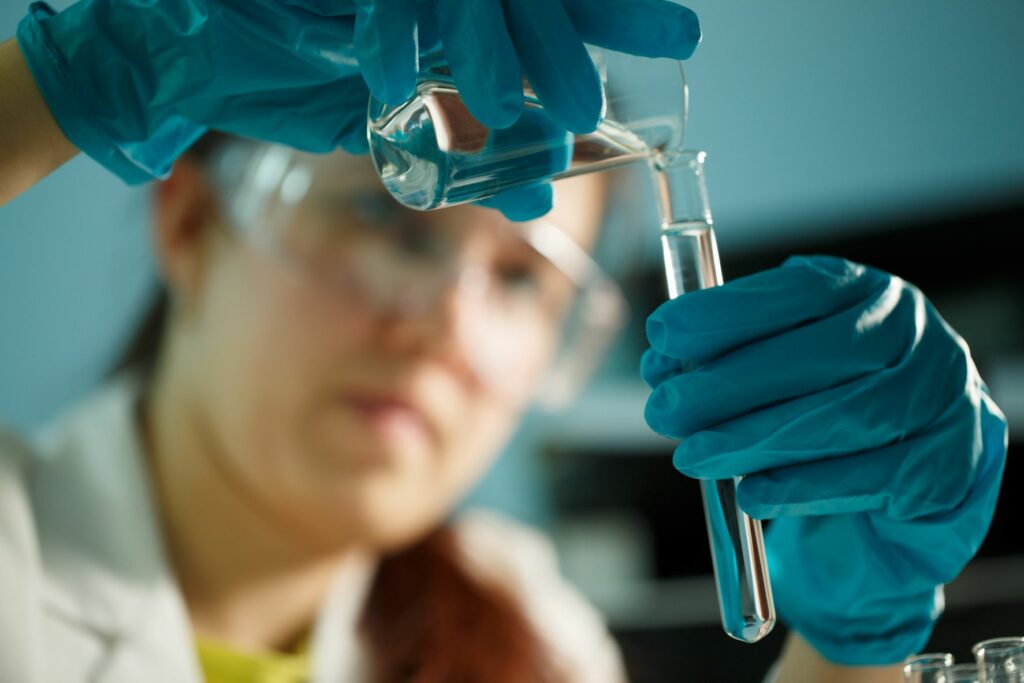Is your future hiding under the Earth’s surface? About 37% of water supplies delivered to households and businesses across the country come from groundwater – the underground water that accounts for a large amount of all available freshwater.
Professionals in the groundwater industry help protect this resource as well as engage in the delivery of groundwater to county and city water departments. Chemists and microbiologists are one of many career possibilities in an industry ranging from outdoor field work to technical or scientific positions.

What does a chemical or microbiology groundwater professional do?
Chemists and microbiologists in the groundwater industry study and interpret water well problems such as taste, odor, contamination, corrosion, and production. Their duties can span a variety of fields including environmental cleanup, treatment of groundwater for potable use, and the design of water systems to control bacterial contamination and limit well production loss.
Education for usually requires a minimum of a bachelor’s degree with studies in geology, hydrology, organic chemistries, biology, and microbiology.
Individuals with a background in well chemistry, geochemistry, or microbiology are generally able to put these sciences to work in identifying the major causes of well problems.
If chemistry or microbiology is not for you, the National Groundwater Association has great resources to learn about other careers in the groundwater industry such as hydrologists, pump installers or regulators.
No matter what career or stage in life you are, we can all do something today to conserve and protect our drinking water!
